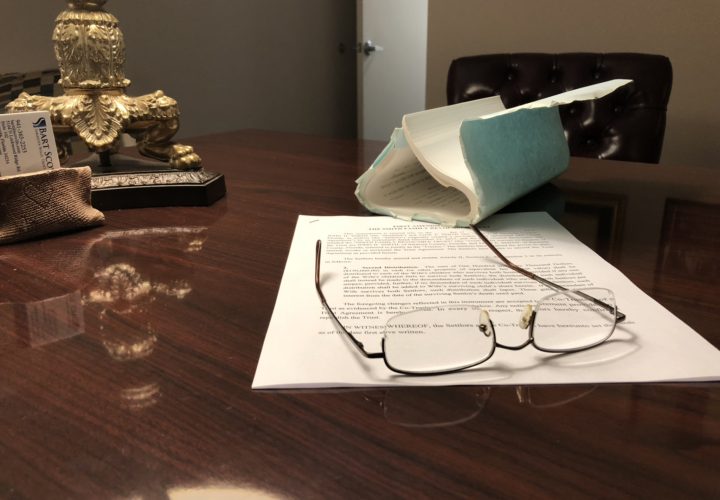With proper planning, guardianship for adults is, for the most part, avoidable. The purpose of guardianship is to allow a third person to act on behalf of an individual that has lost the ability to manage some or all of their rights. While guardianship has a noble purpose, it is rarely the best choice.
Incapacity Proceeding
Guardianships require an incapacity proceeding. This is the process where a court determines to what extent an individual is incapacitated. The inquest is largely based on a committee of medical experts who examine the individual. As you might imagine, these examinations are very personal and the results are discussed in court. This can be very distressing for the individual. Additionally, this proceeding can be very expensive. Except in certain instances, the individual being examined pays for the proceeding including the attorneys, court costs and examining committee.
Guardianship Proceeding
Also, a guardian must be chosen. This is a separate proceeding that usually runs concurrently with the incapacity proceeding. Once again, the individual will most likely pay for this proceeding. Lastly, once the guardianship is established, it will remain court supervised. This will mean annual reports and accountings and the necessity to petition for any extraordinary activity or expense all of which must be prepared by or reviewed by an attorney.
Avoidance
However, through the use of a few simple documents, guardianship can be avoided. These documents are a durable power of attorney, designation of health care surrogate, and possibly a living trust. The durable power of attorney and living trust allow a third party, designated by the individual, to manage his or her assets and financial affairs if they are ever temporarily or permanently incapacitated. The designation of health care surrogate allows a third party to make health care decisions for that individual as well. By identifying these persons to manage their affairs before they are needed, the individual can avoid the need for guardianship.
When Guardianship is Unavoidable
Unfortunately, these documents will not avoid guardianship in all instances. Because, unlike an incapacity proceeding, these documents do not remove the individual’s rights. Therefore, if they were ever to become a danger to themselves or others, a guardianship would still be necessary. Another instance of when a guardianship would not be avoidable, is because of a third party’s interference. If a third party began to take advantage of the individual due to his or her frailty, their rights would still need to be taken away and a guardian appointed. For these reasons, even if the other documents are executed, it is still a good idea to prepare a designation of pre-need guardian so that if a guardianship proves unavoidable, the individual will be able to designate who that guardian will be.
If you have any questions or would like additional information regarding this article please write us at [email protected] or call us at 941-365-2253.



